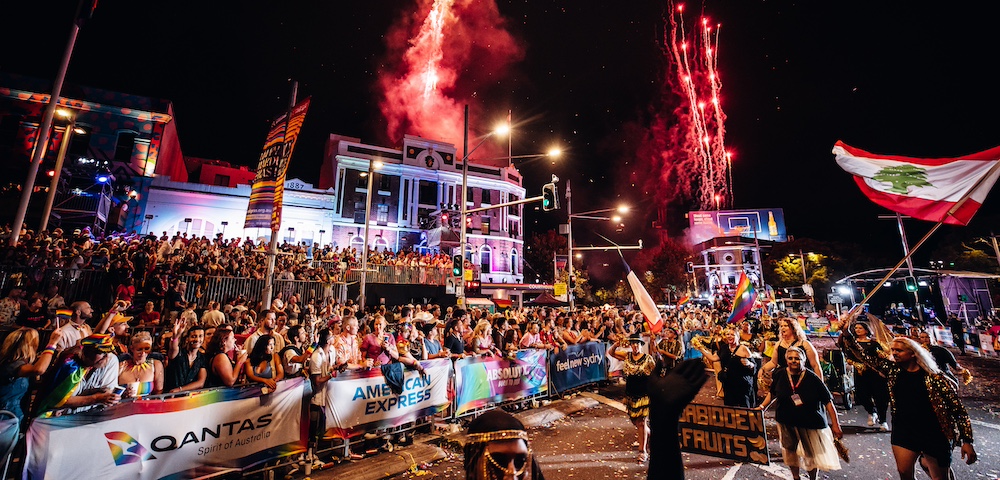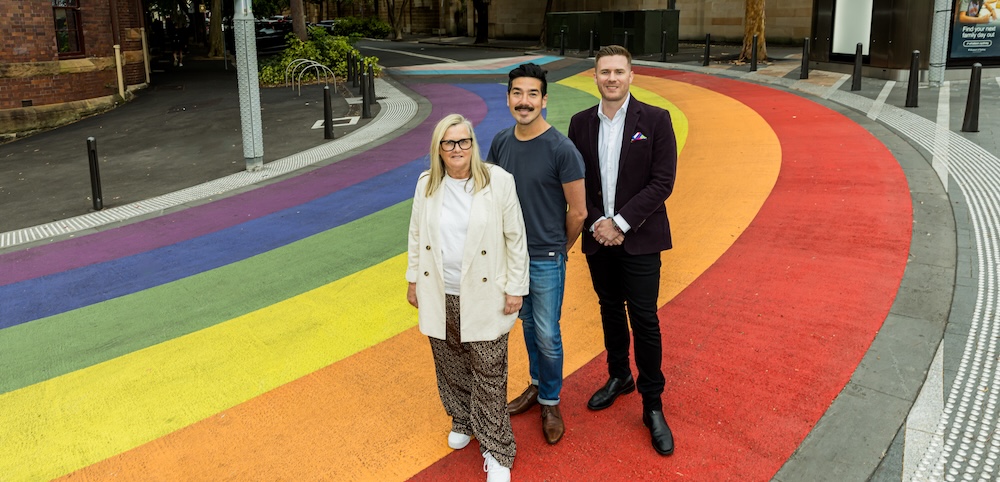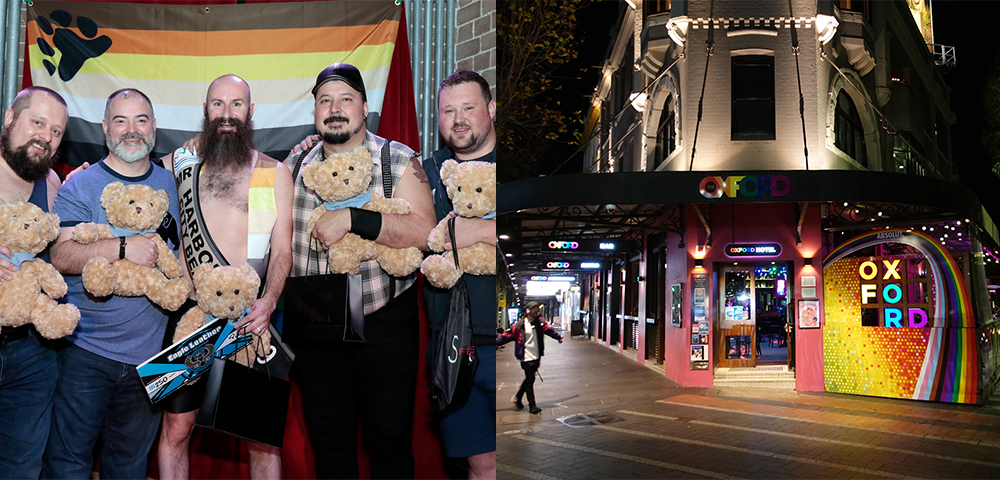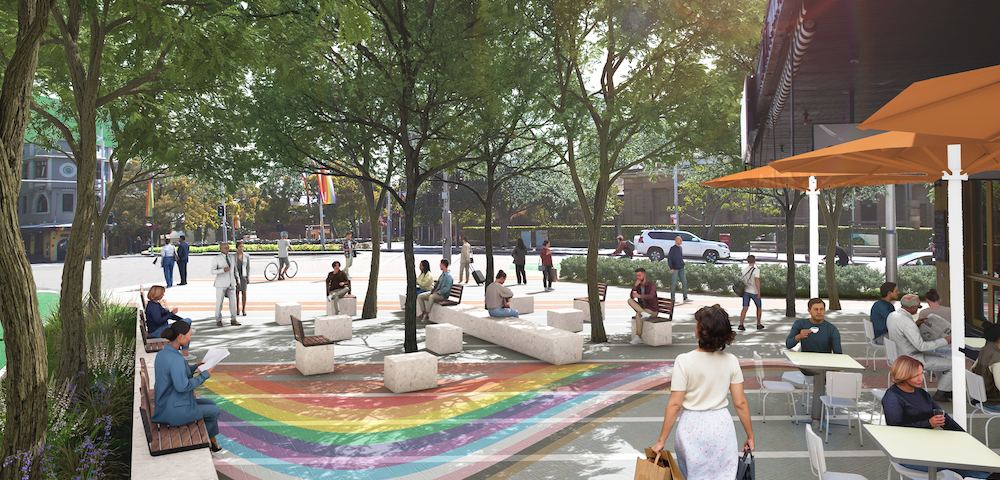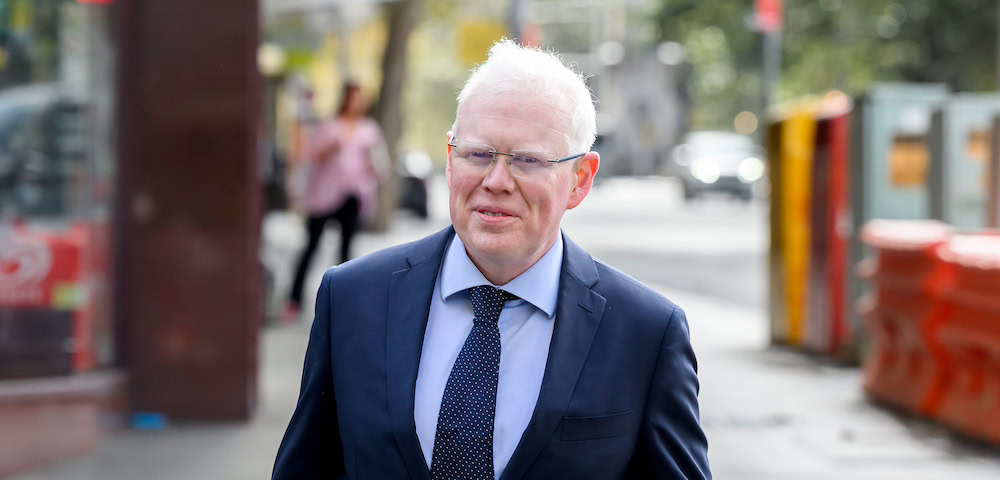
Pink tinted spectacles
When British prime minister Tony Blair leaves office at the end of June you could forgive him feeling slightly smug, weighed down as he is by a clutch of records.
For a start Blair is the longest-serving Labour prime minister the UK has ever seen, he is also the only Labour leader to win three consecutive general elections and he came to power with a historic landslide victory against the opposition Conservative Party.
In addition, and perhaps less widely reported, this March he became the first UK leader to publicly address a GLBT civil rights group.
He told the assembled crowd at the Stonewall Equality Dinner that when he saw TV pictures of Belfast couple Grainne Close and Shannon Sickles celebrate their civil partnership -“ one of the first such ceremonies in the UK -“ he was so excited he did a sort of skip.
After his disastrous foray into Iraq, many have speculated that it is in the area of gay rights where Blair’s legacy will shine brightest.
During the mid-90s -“ in the last years of Conservative rule -“ it would have seemed almost absurd to suggest that in less than a decade’s time some Sydney gay couples -“ unable to have their relationship recognised on home soil -“ would be tottering off to the British High-Consulate and draping themselves in the Union Jack as if it was the rainbow flag itself.
Yet, in 1997, when Labour came to power, the laws began to change.
The age of consent was equalised and the hated Section 28 legislation -“ introduced by Margaret Thatcher to ban the promotion of homosexuality to children -“ was ditched.
Civil partnerships were introduced, and more recently a law was passed prohibiting discrimination in the supply of goods and services.
London-based Australian gay human rights campaigner Peter Tatchell says, Congratulations and thanks to the Labour government, nearly all homophobic legislation was removed from the statute books -“ a truly breathtaking piece of reform.
Ghassan Kassisieh of the Gay and Lesbian Rights Lobby says, Blair’s leadership [saw] the entire country move towards the recognition of human rights, and that’s definitely something Australia could move towards.
But before Blair starts popping the corks on his pink champagne some commentators have noted that many reforms were actually forced onto Britain by the European Courts, including the ditching of the ban of gay people in the armed forces.
Labour and Tony Blair are still blocking gay human rights, Tatchell says. They support the ban on same-sex marriage, deport gay asylum seekers and refuse to prohibit incitement to homophobic hatred.
Kassisieh, meanwhile, is unhappy that Britain’s civil partnership laws are designed exclusively for gay couples, citing New Zealand where civil unions are a completely new way to officially recognise relationships -“ open to all.
In the UK the model is like marriage except that it is only for same-sex couples.
It is in that sense symbolic discrimination.
Despite this, a PinkNews.co.uk survey last week found 73 percent of British GLBT voters consider the UK’s attitude to gay rights has changed for the better, thanks to Blair.
But here lies the problem -“ what comes after Blair?
The same survey revealed only 13 percent of gay people wanted current chancellor of the exchequer Gordon Brown as the next UK prime minister, which he is likely to become in a few weeks’ time.
Brown’s low popularity could have much to do with his low voting record on gay rights.
Perhaps one of the most remarkable legacies of the Blair years, however, is the Conservative Party’s transformation from rabid attack dog of the right, to socially liberal chihuahua of the centre ground.
The Conservatives’ youthful leader, David Cameron, who coins himself a modern compassionate Conservative, steered the party away from its extreme policies which had failed to tempt voters away from Labour.
He even voted in favour of civil partnerships -“ unlike Brown.
In fact, given the choice of an ideal PM, gay voters regularly place Cameron higher than Labour’s Brown.
Could it be that Blair’s reforms on GLBT issues have actually made the party of opposition that bit more attractive to Britain’s gay voters?




